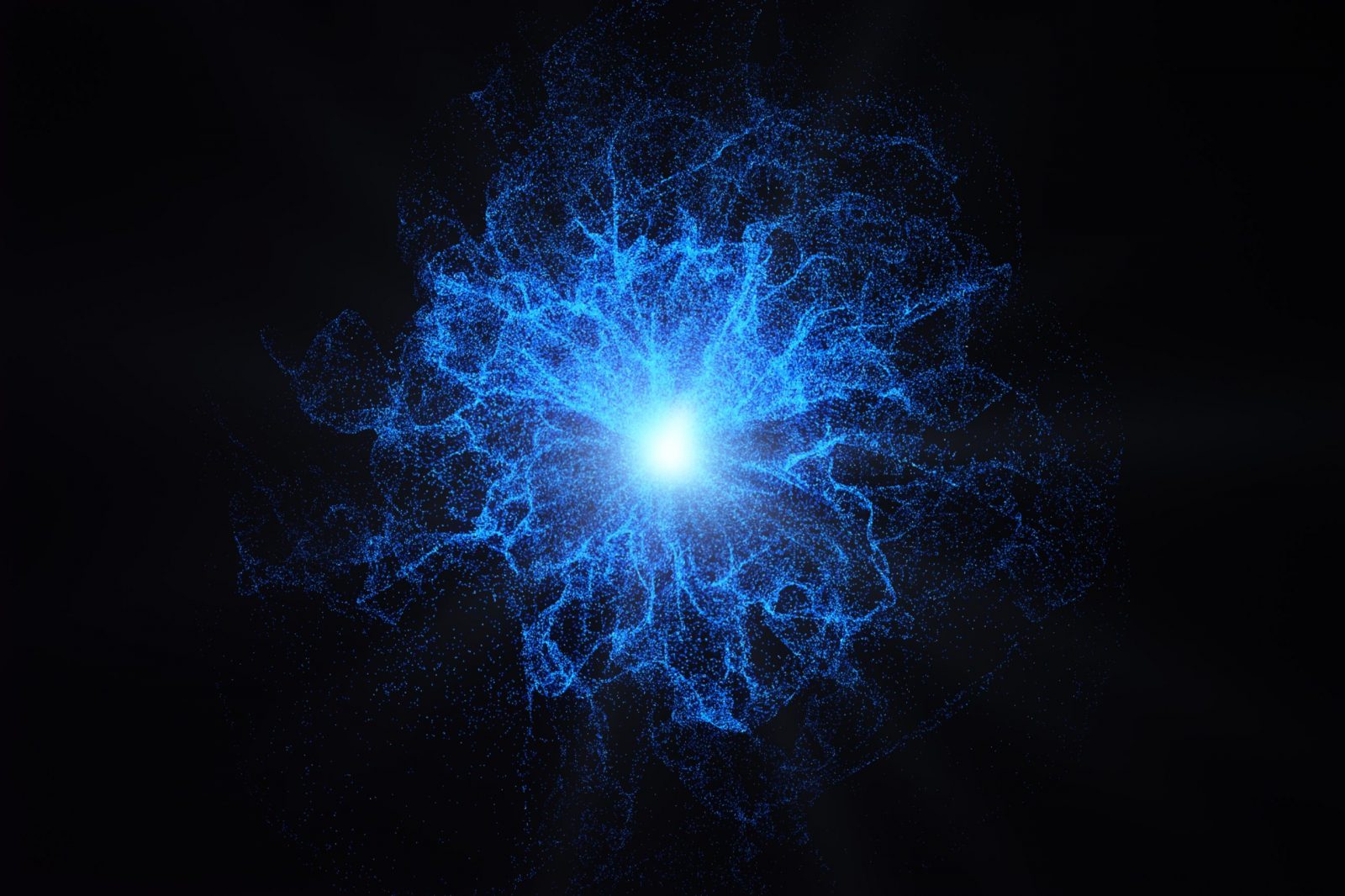
Bidding Adieu to Steven Weinberg’s Take on Science and Faith
On today’s ID the Future, Casey Luskin, associate director of Discovery Institute’s Center for Science and Culture, discusses his Evolution News article about the recently deceased Steven Weinberg. On Weinberg’s view, one of science’s social functions is to undermine religion, which he sees as superstition. Luskin takes the opposite view and points to skilled and successful scientists he got to know in Africa. He says these scientists are convinced that the supernatural is real and would find Weinberg’s secular Western rejection of the supernatural as blinkered. Luskin and host Robert Crowther also discuss a hopeful trend among some atheists toward a more civil and respectful way of engaging intelligent design, even to the point of acknowledging that design theorists are making thoughtful, substantive arguments. Luskin summarizes six lines of evidence for design, and encourages people to escape the internet atheist bubble and read the best ID scholars firsthand rather than depending on strawman summaries of those arguments.






